(单词翻译:单击)
委内瑞拉
美国《外交政策》杂志网站8月7日发表了美国学者David Rothkopf的文章,题目是 The world's 10 most dangerous countries(全世界十大最危险国家和地区),他的观点在美国和西方很有代表性,值得中国读者参考研究。在这份名单中,美国是排在第一位最具危险性的国家,David Rothkopf的理由很简单:因为美国太强大了,翻一个错误就会影响整个世界,自然就是最危险的。而中国排在了第二,也是因为中国太强大了,但是中国自己却不承认,因而不承担相应责任造成了世界系统失衡的危险。
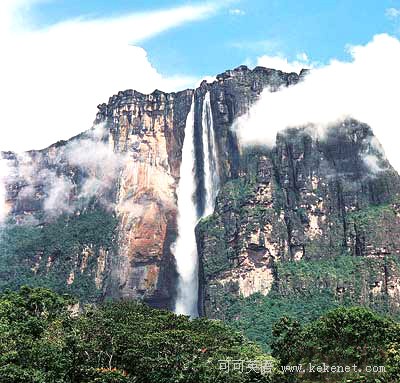
10. 委内瑞拉(Venezuela)
Ok, Chávez won't start any world wars. But think of his disruptive reach around the hemisphere, his support for the FARC, and his cultivation of ties to Russia, China and the Middle East and its clear this is the one guy who is most likely to disrupt lives in Latin America for the foreseeable future.
不错,查韦斯可能没有兴趣挑起世界大战,但是他支援哥伦比亚游击队、与俄罗斯、中国和一些中东国家关系密切。委内瑞拉是最有可能影响拉丁美洲稳定的势力之一。
伊拉克和沙特阿拉伯
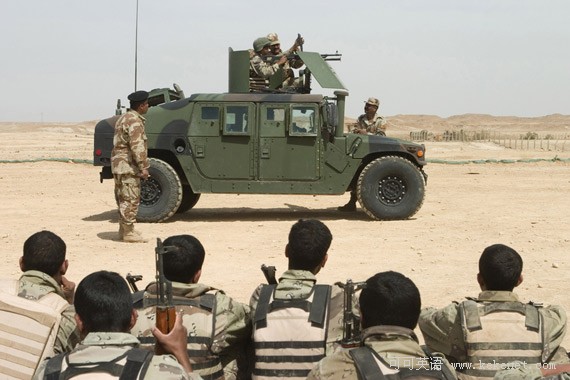
9. 伊拉克和沙特阿拉伯 (Iraq and Saudi Arabia) (并列)
The final chapter has not been written in Iraq. Saddam may not have posed the threat Bush ascribed to him, but the fragmentation of this country (particularly in Kurdistan) could be massively destabilizing in the region and create real problems with Turkey, Iran, and Russia. The Saudis support terror, their succession picture is murky, they are likely to be one of the first to respond to Iranian nukes with a program of their own, and they pull key levers in OPEC. Hard not to include them, too.
伊拉克战争让这个国家陷入分裂的深渊,影响了整个地区的稳定,给土耳其、伊朗、俄罗斯带来大麻烦。沙特阿拉伯支援恐怖势力,本身继承问题尚存变数,他们很可能是对伊朗核计划威胁做出最快反应并开始自己的核计划的国家之一。此外,他们还掌握着石油输出国家组织的权力杠杆。
欧盟
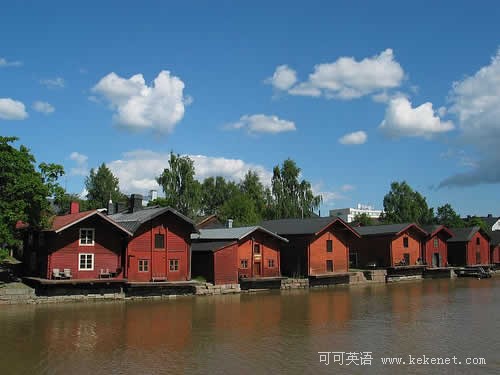
8. 欧盟 The European Union
Europe should be a force for stability in the world. But an EU without an effective foreign policy mechanism, without the ability to shoulder its share of the military burden associated with keeping the world safe, with a faltering Euro and with too many new members is a big void where the world needs strength. Sometimes the greatest threat comes from those who could take action to preserve stability but who do not.
欧洲本该是维护世界稳定的一支重要力量,但却因为没有有效的外交政策机制、没有担负起维护世界安全军事重任的能力。加上蹒跚的欧元和太多新成员加入,导致其缺乏力量。有时候,最大的危险恰好来自于那些有能力维持世界稳定、但却对此毫无作为的国家。
尼日利亚
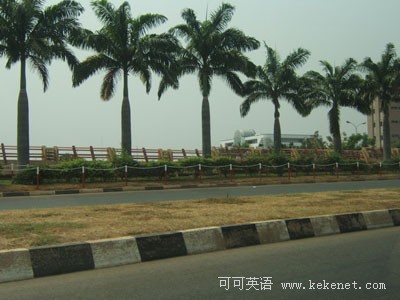
7. 尼日利亚和刚果(金) ( Nigeria and Congo )(并列)
Nigeria is the biggest country on a continent that is increasingly important to the world for oil and other resources. It is a major player in the global energy scene. And it faces multiple threats both internally and from a truly scary neighborhood. Congo is the site of the world's most deadly conflict of the past decade and both a metaphor and hub for the kind of regional fracturing that make instability in Africa one of the things most worrying to U.S. and European military commanders.
尼日利亚是非洲大陆上的最大国家,凭藉石油和其他资源,非洲对世界的重要性正不断增加。但是尼日利亚面临着严峻的国内问题,外加实在令人担忧的邻国。过去10年间,刚果(金)是世界上冲突最血腥的地区,是整个非洲地区不稳定的重要因素,也是令美国和欧盟军事指挥官感到最头疼的地方。
以色列和巴勒斯坦
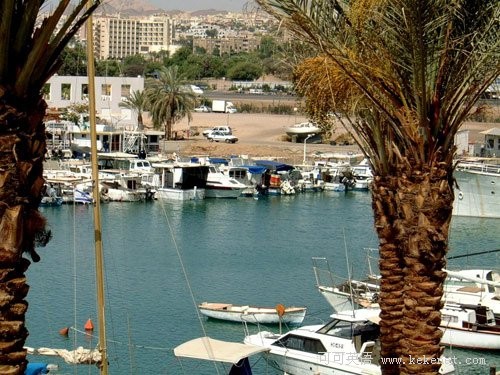
6. 以色列和巴勒斯坦 (Israel and Palestine)(并列)
This is a dangerous place, for sure. Hostile or ill-considered moves by either party can trigger regional instability that would impact global energy markets and draw the attention of every major world power. The only reason this festering wound is ranked so low: everyone is so accustomed to it that it is more likely than not to have very narrow consequences even if it heats to a boil for extended periods.
毫无疑问,这是一个非常危险的地方。双方的每一个敌对的或者笨拙的举动都可能触发地区不稳定,影响全球能源市场,因此巴以之间的关系吸引着每个世界大国的注意力。这样的火药桶没有排在比第六名更高的原因只是因为世界都对以巴冲突习以为常了。
伊朗
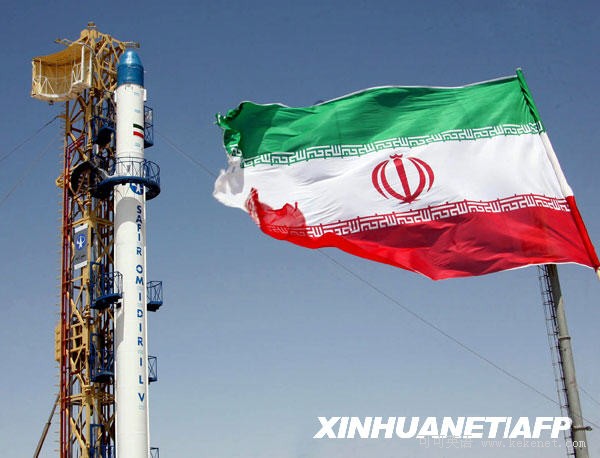
5. 伊朗(Iran)
Iran could be an important regional force for stability. But for the near term that looks pretty unlikely. Meanwhile, if the Iranian nuclear program triggers a regional arms race that may not mean state-on-state thermonuclear disaster (deterrence probably still works for most states) but it vastly increases the likelihood that some nuke ends up in the hands of some non-state (or allegedly non-state) actor.
伊朗可能会成为维护地区稳定的重要力量,但是从近期来看,其发挥稳定作用的可能性不大。此外,伊朗核计划极有可能引发地区军备竞赛。尽管这并不意味着会造成核灾难,却非常有可能让核武器落入不受国家控制的玩家手中。
俄罗斯

4. 俄罗斯(Russia)
I rank them behind Pakistan because the odds are better that their desire to be part of the world system ultimately suppresses the country's more dangerous impulses. And because they are likely for the near term to be more dangerous as a diplomatic and political disruptor and as a regional mischief maker than as a direct military threat to anyone outside their immediate neighborhood. If I'm in that neighborhood though, I'm uncomfortable. And on top of all that, the most recent picture of a bare-chested Putin on horseback has me worried.
把俄罗斯排在巴基斯坦后面,希望俄罗斯的正能压邪。在短期内,俄罗斯的威胁还只局限于外交和政治上,至多是地区性的麻烦制造者,而非直接的全球性军事威胁。要是谁当俄罗斯的邻居,肯定会寝食难安。此外,普京骑在马上袒胸露臂的照片让我感到非常不安。
巴基斯坦
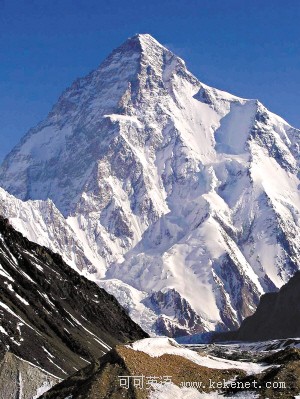
3. 巴基斯坦 Pakistan
Pakistan is just barely a functioning state in the pieces of the country where the government has some control. As for the rest of the place? There are pieces that never bought into the idea of the Pakistani nation. So take that, add nukes, add the impact on India and Afghanistan, add al Qaeda and the Taliban, add the country as a petri dish and a symbol for radical Islam and it's still the place with the biggest potential to blow up into something very messy for the world in the next several years.
巴基斯坦支离破碎,其国家功能不健全,因为其中央政府对部分地区几乎失去控制力。核武器,加上印度、阿富汗、“基地”组织以及塔利班的影响,巴基斯坦已经被看作激进伊斯兰主义的象征。这里是世界上在今后若干年内最具爆炸性而陷入混乱的地区。
中国

2. 中国 (China)
I do not believe China is a military threat to the U.S. or to anyone now or at any time in the near future. Rather they are on top of this list for the same reason that the number one country is: the most dangerous countries are the ones with the most power. They flex their muscle ... economic, political, or military... and they have the biggest impact. Or, as in the case of China, if they don't ... if they remain the reluctant great power ... and don't assume a role in the international system proportionate to their power, it will throw the system out of balance. (For example: if Iran's nuclear program is a threat and China could make a difference in containing it but doesn't ... they become a contributor to the threat.)
我不认为中国是对美国和其他国家的军事威胁,至少现在和在不久的将来还不是。中国之所以被选为世界上第二大危险国家是因为最危险的国家就是最强大的国家。中国政治、经济以及军事领域日益增强,影响力堪称极致。问题是中国不肯做超级强权,对发挥与其地位相称的影响犹犹豫豫,致使国际系统失衡。举例来说,如果伊朗成为核威胁需要中国的围堵,但中国拒绝,这样中国本身就构成了威胁的一部分。
美国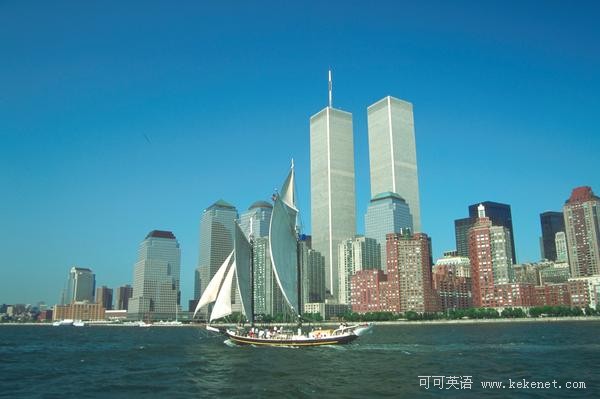
1. 美国 The United States
I generally believe the U.S. is a force for good in the world and I am inclined to believe that is the objective of the current administration. But there is no denying that the one country who has most aggressively reached out to touch the world militarily in the past decade is the Untied States. Further, and more importantly, following the logic in the EU and China mentions above...no one has more power than the United States. That means no one can do more damage with a mistake or even with inaction. Also: as in the case of China and the EU, our economic missteps punish the planet and there is very little evidence to suggest we've taken the steps we need to avoid another meltdown of the 2008-2009 variety. Ask yourself: What has harmed more people on the planet, terrorist brutality or Wall Street venality?
总的来说我相信美国是世界上的一个正面力量,现政府也把维护世界利益作为目标。但不可否认的是,美国也是过去10年中世界上最具攻击性的国家之一。而且,更为重要的是,在世人眼中,没有比美国更强大的力量。按照我们前面提到中国和欧盟时的逻辑,这也就意味着美国的危险也更大。美国的一个失误或者不作为可能造成巨大损害。美国的经济失误惩罚的是全世界,到现在依然没有明显证据显示美国人已经吸取了教训不会重蹈2008-2009年危机的覆辙。扪心自问:到底是恐怖主义给人类造成的伤害大,还是华尔街贪婪的伤害更大?
(可可英语版权所有,未经允许请勿转载)


